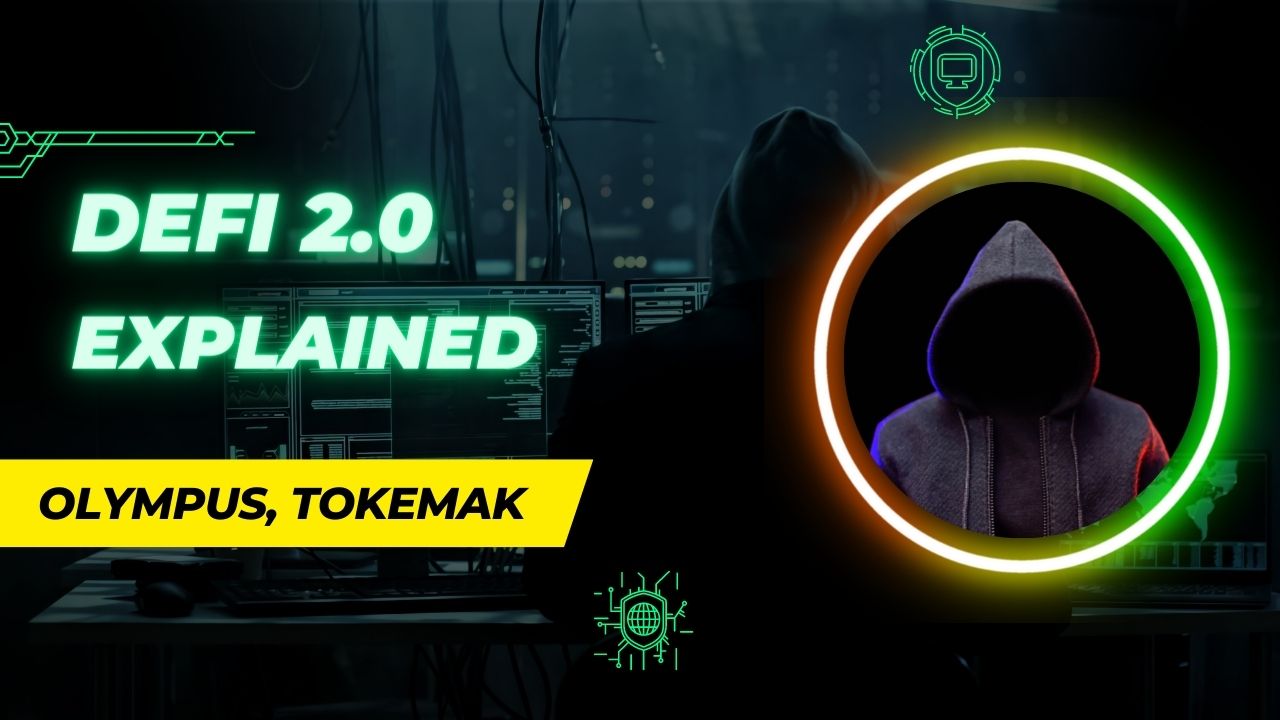India to take a look at if digital rupee can gash payments when trading government securities The Reserve Financial institution of India the country's Central Financial institution will on Tuesday start a pilot wholesale digital currency with the operate of reducing transaction costs and the need for collateral when trading government securities the utilization of the digital rupee will preempt the.
Want for settlement jabber infrastructure or for collateral to mitigate settlement probability the Indian Central Financial institution acknowledged in an announcement nine Banks including HSBC a CC Financial institution Narrate Financial institution of India and Union Financial institution of India were taking part within the pilot which is interesting to be a model for extra Pilots to take a look at varied wholesale transactions and.
Depraved-border payments the utilization of the digital currency the RBI acknowledged a digital rupee pilot designed for retail transactions is anticipated to launch inner a month the digital rupee pilot is anticipated to invent


